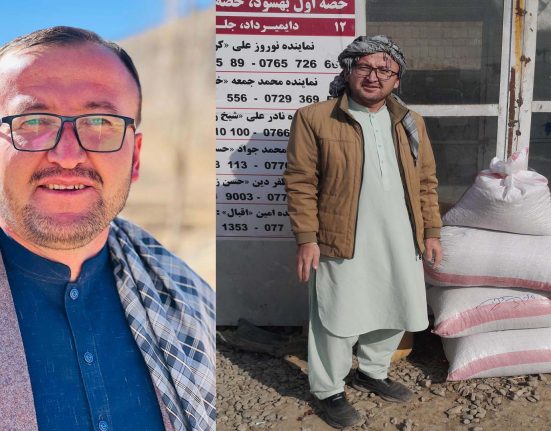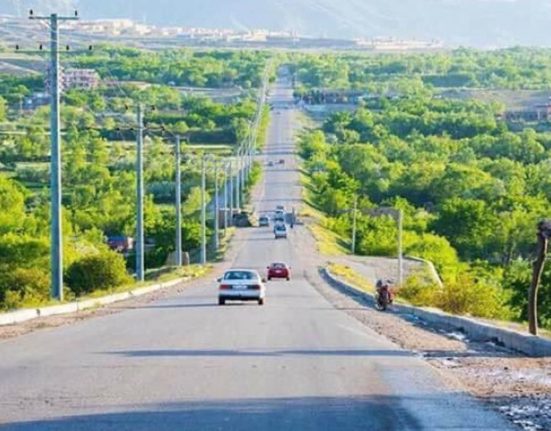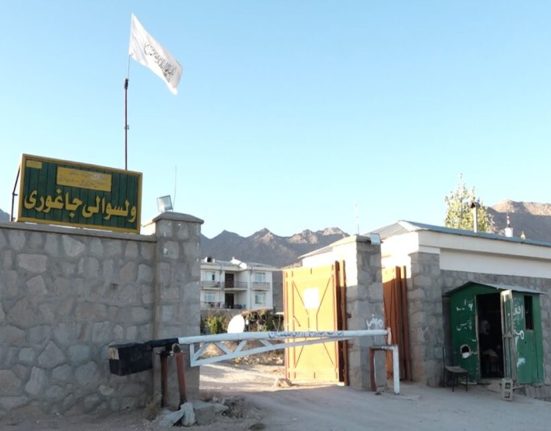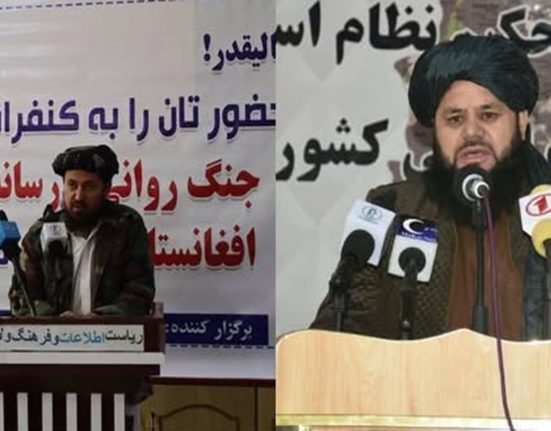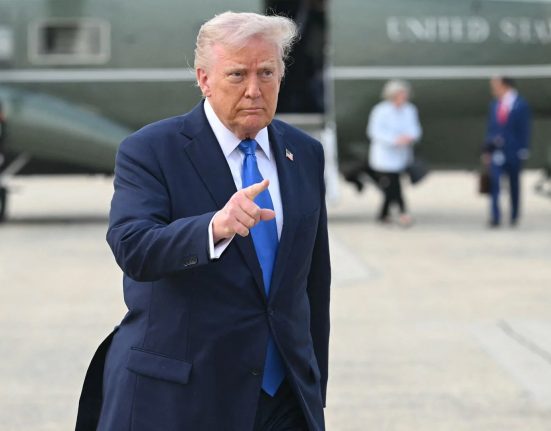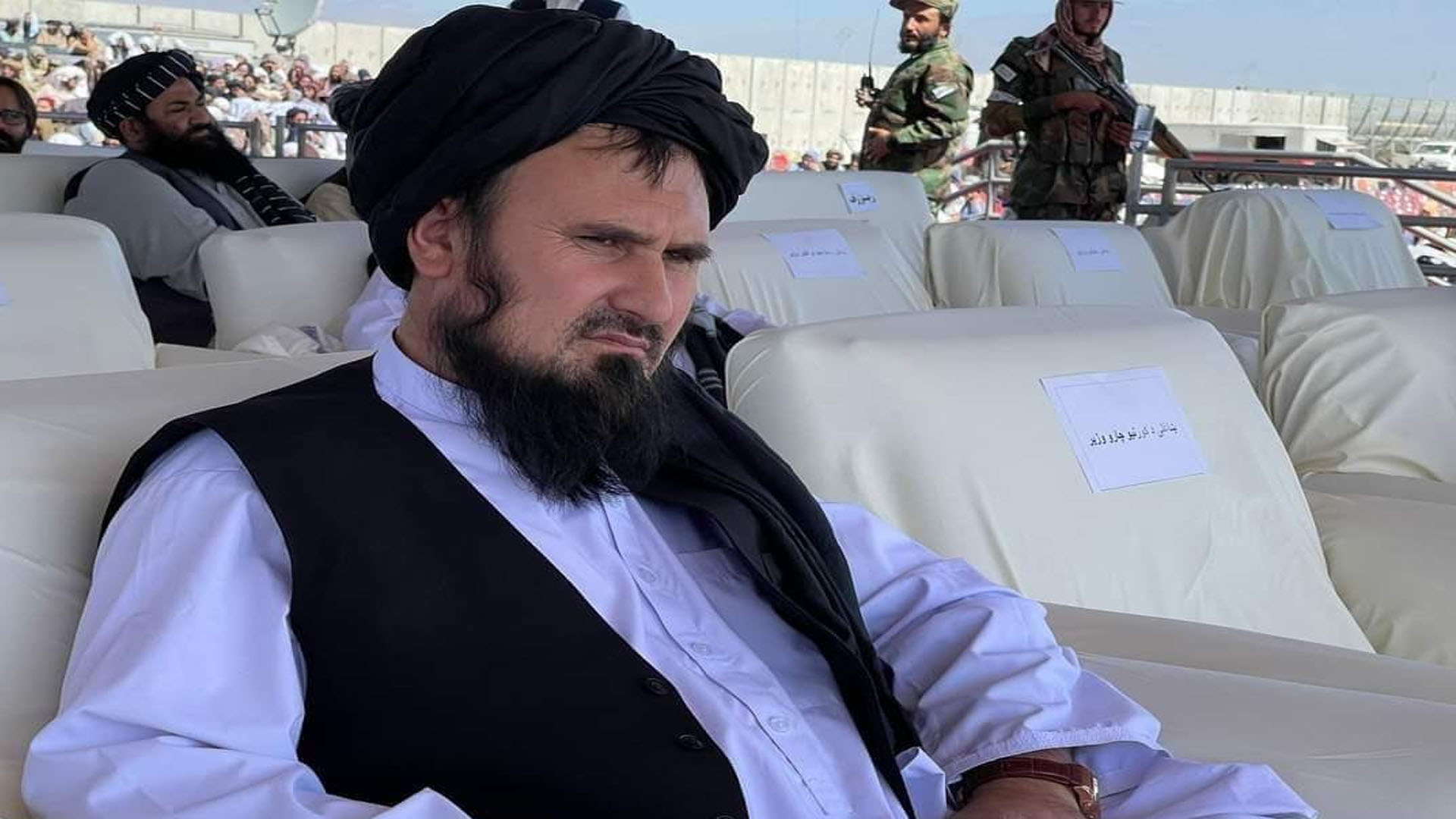
The removal of the last Tajik commander in the Taliban government; the Pashtun government on the path to complete ethnic cleansing
While Badakhshan is the scene of one of the most widespread popular protests against the Taliban, reliable sources in the province report the removal of Fasihuddin Fitrat, the highest-ranking non-Pashtun commander in the group’s military structure.
Local sources confirmed on Tuesday, July 1, that the Taliban leadership has removed Fasihuddin Fitrat from the post of Chief of Army Staff and appointed him as Deputy Minister of Energy and Water; a decision that has met with a strong reaction from Fitrat.
According to sources, Fitrat has been in Badakhshan for about two weeks and has expressed his opposition to this dismissal in phone calls with Taliban leaders and has refused to return to Kabul.
He wants to maintain his position at the top of the Taliban’s military structure.
Some analysts believe that this move is part of the process of “concentrating power in the hands of Pashtun circles” within the Taliban. As a Tajik figure, Fasihuddin played a symbolic role in the Taliban’s ethnic balance, but his removal, in the midst of widespread dissatisfaction in Badakhshan, is seen as a sign of the systematic removal of non-Pashtuns from the Taliban’s decision-making body.
This comes after an arrest warrant was issued for Salahuddin Salar, the deputy head of the Taliban’s Ministry of Defense for Investigation, not long ago; another move that indicates internal purges within the Taliban’s security structure.
At the same time, popular protests in Badakhshan have intensified, and according to local sources, at least eighty people have been killed or injured in recent clashes between the people and the Taliban in Khash district.
This has raised concerns about the escalation of the ethnic crisis and serious internal divisions within the Taliban structure.
Political and civil society activists warn that the elimination of non-state-based and non-Pashtun voices in the Taliban power pyramid could pave the way for wider ethnic conflicts in northern Afghanistan—all while the voices of the people of these regions, surrounded by censorship and repression, are not reaching anywhere.


